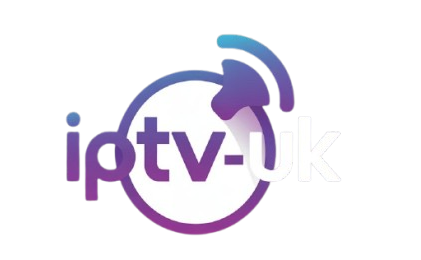Is IPTV Legal? A Comprehensive Guide for 2025
Internet Protocol Television (IPTV) has revolutionized how we consume television content, offering flexibility and a vast array of channels. However, with its rise comes questions about its legality. This guide delves into the legal landscape of IPTV in 2025, helping you navigate the complexities and make informed decisions.
Understanding IPTV
IPTV delivers television content over the internet, allowing users to stream live TV and on-demand content through various devices. Unlike traditional broadcasting methods, IPTV offers personalized viewing experiences and is often more cost-effective.
Types of IPTV Services
- Legal IPTV Services: These are offered by authorized providers who have obtained the necessary licenses to broadcast content. Examples include services provided by telecom companies and streaming platforms.
- Illegal IPTV Services: These services stream content without proper licensing, often at a lower cost, but pose significant legal and security risks.
Is IPTV Legal?
The legality of IPTV hinges on whether the service provider has the appropriate licenses to distribute content. Using IPTV services that are properly licensed is legal. However, accessing content through unlicensed providers is illegal and can lead to legal consequences.
Legal Implications of Using Illegal IPTV Services
Engaging with illegal IPTV services can expose users to various risks:
- Legal Risks: Users may face fines or legal action for accessing pirated content.
- Security Risks: Illegal services may expose users to malware, data theft, and other cyber threats.
- Quality Issues: Unlicensed services often have poor streaming quality and unreliable access.
IPTV regulations vary across countries. Here’s an overview of the legal status in different regions:
United States
In the U.S., IPTV is legal when the service provider has obtained the necessary licenses. Unauthorized streaming of copyrighted content is illegal and can result in severe penalties.
Europe
European countries have stringent regulations against illegal IPTV services. Authorities have conducted raids and shut down numerous unlicensed providers. For instance, in Sweden, over 700,000 households were reported to have access to illegal IPTV services, prompting increased enforcement actions. :contentReference[oaicite:1]{index=1}
Canada
Canada permits IPTV services that comply with broadcasting regulations. Unlicensed services are illegal, and users can face legal consequences for accessing pirated content.
Australia
Australia has implemented laws to block access to illegal streaming sites. Using IPTV services without proper licensing is considered a violation of copyright laws.
Identifying Legal IPTV Services
To ensure you’re using a legal IPTV service, consider the following:
- Licensing: Verify that the provider has the rights to distribute the content.
- Reputation: Research the provider’s credibility and user reviews.
- Transparency: Legal providers are transparent about their services and pricing.
Red Flags of Illegal IPTV Services
- Unusually low subscription fees.
- Lack of official website or contact information.
- Payment methods that avoid traceability, such as cryptocurrency only.
- Promotions through unofficial channels like social media or messaging apps.
Engaging with illegal IPTV services can lead to:
- Legal Action: Users may be prosecuted for copyright infringement.
- Financial Loss: Fines and potential legal fees.
- Security Threats: Exposure to malware and phishing attacks.
While IPTV offers a modern and flexible way to access television content, it’s crucial to ensure that the services you use are legal and properly licensed. Engaging with illegal IPTV services not only poses legal risks but also threatens your digital security. Always research and choose reputable providers to enjoy content safely and legally.

